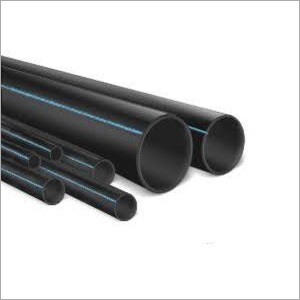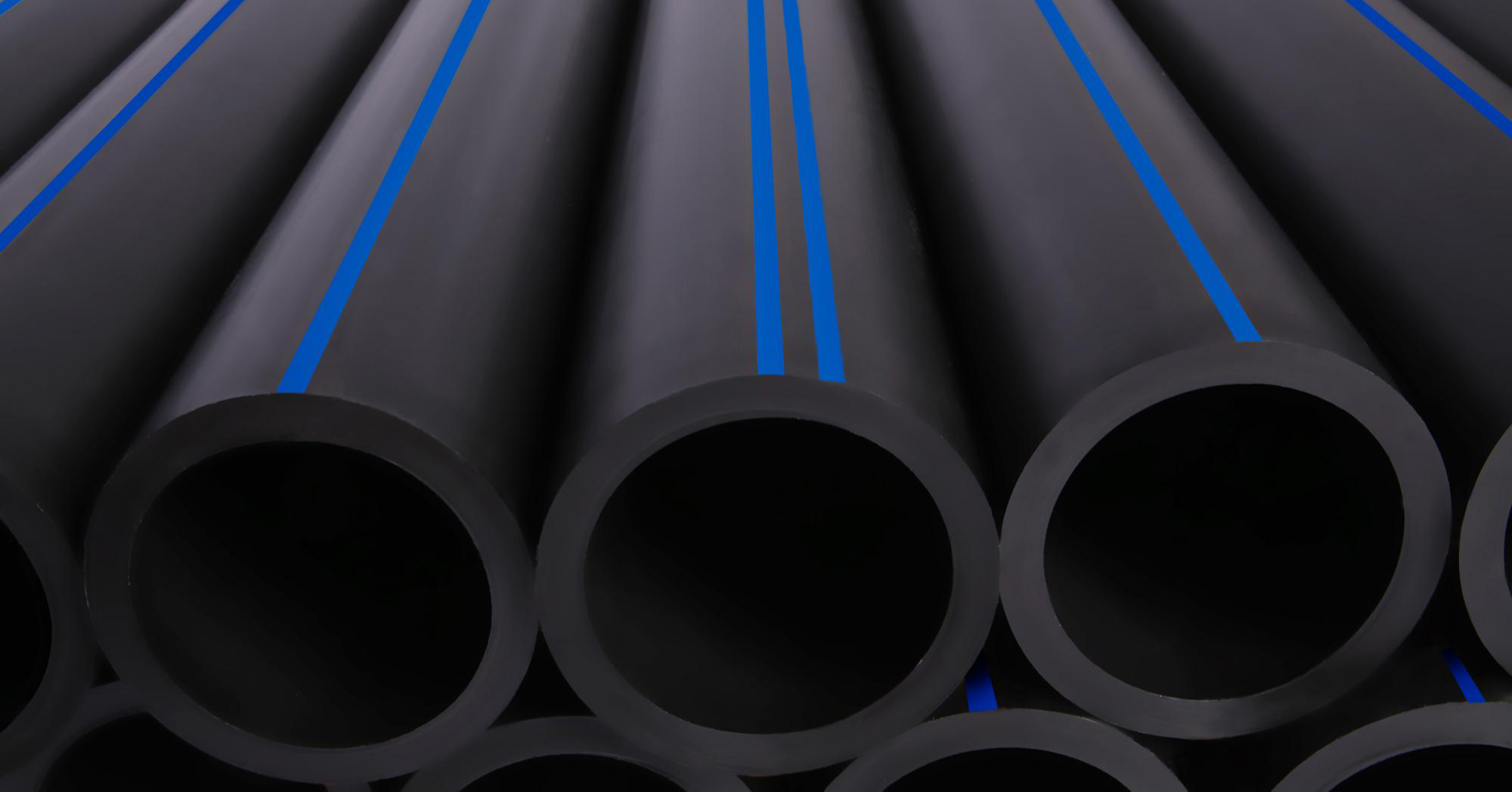How American Plastics HDPE Pipe for Oilfield Supports Oilfield Operations
Wiki Article
Understanding the Trick Advantages of HDPE Pipe for Water and Wastewater Administration
Making use of HDPE pipe in water and wastewater administration provides many advantages that warrant consideration. Its extraordinary resilience and long lifespan make it a favored selection for lots of tasks. Additionally, the product's resistance to rust and chemical damage enhances its integrity in various settings. Nonetheless, the advantages expand beyond just longevity and resistance. Discovering its cost-effectiveness and environmental effect exposes much more compelling reasons for its extensive adoption in modern-day frameworkExtraordinary Durability and Longevity

HDPE pipe sticks out for its outstanding toughness and longevity, making it a preferred choice in water monitoring systems. Created from high-density polyethylene, these pipes can hold up against significant pressure and stress, guaranteeing dependable performance in time. Their durable nature permits them to withstand extreme ecological problems, including temperature variations and dirt activities, which can trigger other materials to fail.
The life expectancy of HDPE pipes often goes beyond 50 years, offering an affordable service for towns and sectors alike. In addition, the product's light-weight homes simplify installation, reducing labor costs and timeframes. This longevity decreases the requirement for frequent repair work or replacements, further boosting its economic charm.
In water monitoring applications, the integrity of HDPE pipelines implies fewer disturbances and improved service connection, making them important to sustainable infrastructure advancement. The mix of resilience and long life strengthens HDPE's duty as a cornerstone in reliable water monitoring solutions.

Resistance to Deterioration and Chemical Damages
While numerous products surrender to rust and chemical damage gradually, HDPE pipelines show amazing resistance, making them perfect for various water monitoring applications. This durability stems from the molecular framework of high-density polyethylene, which is naturally non-reactive and does not wear away like steels or degrade from exposure to extreme chemicals. Because of this, HDPE is very reliable in environments with hostile materials, such as wastewater systems that may contain acids, bases, and organic solvents.
Additionally, HDPE pipelines can withstand environmental variables such as dirt level of acidity and saline problems, better improving their viability for diverse applications (Midland TX HDPE Pipe Fittings in Stock). Their capacity to maintain structural stability in time decreases the danger of leaks and failures, which is essential in making certain the safety and integrity of water circulation and wastewater administration systems. Consequently, the resistance to rust and chemical damages noticeably contributes to the general effectiveness and long life of HDPE piping options
Cost-Effectiveness and Economic Benefits
When taking into consideration the economic effects of water management systems, the cost-effectiveness of HDPE pipes comes to be evident. These pipes offer lower installation and maintenance expenses compared to standard products like metal or concrete. Their lightweight nature streamlines transportation and setup, leading to decreased labor costs. In addition, HDPE pipelines show a lengthy life-span, frequently exceeding 50 years, which translates to less replacements and long-lasting cost savings.Additionally, the resistance of HDPE to deterioration and chemical damages reduces the requirement for expensive repairs and substitutes. The pipelines also support reliable water flow, decreasing power expenses connected with pumping systems. By alleviating leakages and water loss, HDPE pipes add to considerable economic benefits for communities and industries alike. Overall, the preliminary financial investment in HDPE piping can produce substantial economic returns over the lifespan of the water monitoring system, making it a sensible choice for lasting framework development.
Ecological Sustainability and Lowered Impact

Versatility and Adaptability in Setup
As a result of their unique properties, HDPE pipelines use impressive flexibility and adaptability in setup, making them suitable for a variety of applications. Their lightweight nature permits less complicated handling and transport, reducing labor expenses and installment time. HDPE pipelines can be curved and formed to fit numerous terrains and job requirements, which is particularly advantageous in testing atmospheres.Additionally, their resistance to deterioration and chemical damage enables for installment in varied settings without the demand for specialized safety layers. The capability to fuse joints produces a constant, leak-free system, enhancing the general honesty and reliability of the installment. HDPE's flexibility likewise accommodates ground activity, minimizing the risk of damages in locations prone to changing soil. Generally, these attributes make HDPE pipelines not just versatile yet additionally a recommended option for water and wastewater monitoring systems.
Regularly Asked Questions
Just How Does HDPE Pipeline Compare to PVC in Water Administration Applications?
HDPE pipeline provides exceptional flexibility, resistance to corrosion, and toughness compared to PVC. Its lighter weight assists in much easier setup, while its long life expectancy minimizes replacement expenses, making HDPE a preferred choice in water management applications.What Is the Life-span of HDPE Pipeline Under Normal Conditions?
Under regular conditions, HDPE pipelines can have a life expectancy ranging from 50 to 100 years. Their sturdiness and resistance to corrosion add to their long-lasting efficiency try this in numerous applications, making them a trusted option for framework.Are HDPE Water Lines Recyclable After Their Service Life?
Yes, HDPE pipes are recyclable after their service life. hdpe pipe in stock Midland TX. They can be refined and repurposed right into brand-new products, substantially decreasing environmental effect and promoting sustainability within the market, making them an environment-friendly option for piping optionsWhat Is the Installation Process for HDPE Pipeline?
The installation process for HDPE pipes includes site preparation, trenching, pipeline combination or mechanical signing up with, backfilling, and stress testing. Correct strategies guarantee a resilient and reliable system for carrying water and wastewater effectively.Can HDPE Pipeline Be Used for Both Safe And Clean and Non-Potable Water Systems?
Yes, HDPE pipes can be used for both safe and clean and non-potable water supply. Their versatility, longevity, and resistance to rust make them appropriate for various applications, making sure safe and effective transport of water in different contexts.Report this wiki page